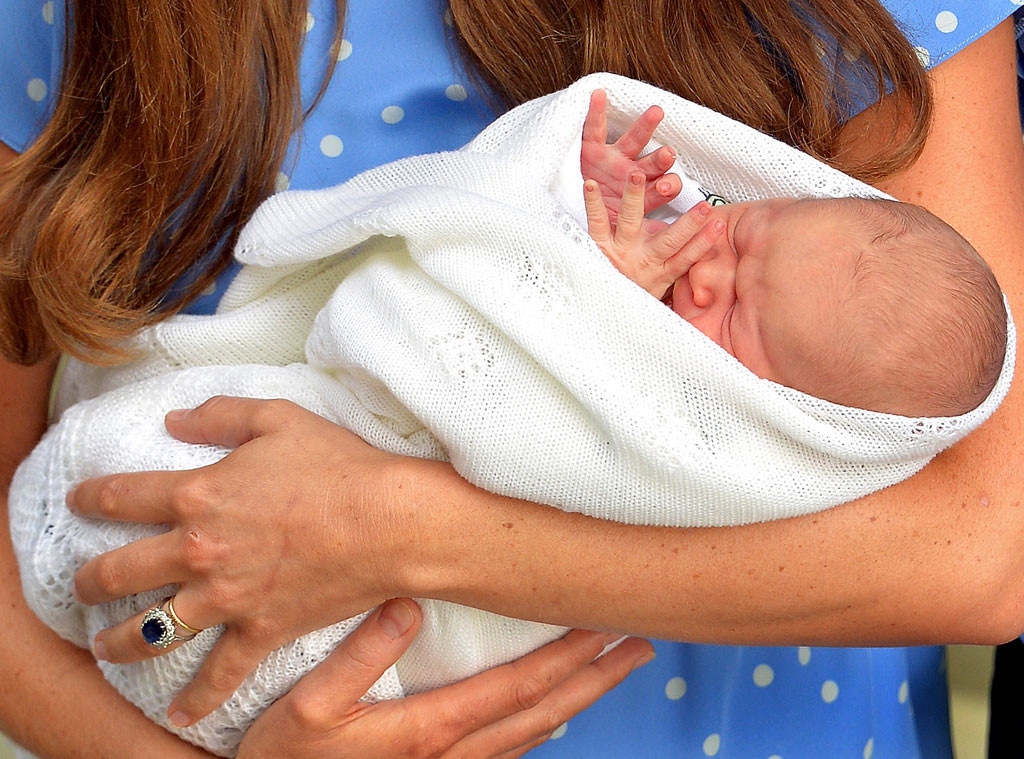 AP Photo/John Stillwell
AP Photo/John StillwellWhat's in a name?!
Kate Middleton and Prince William revealed today that they've chosen to name their son Prince George Alexander Louis. Now say that ten times fast!
Now that the world knows what the latest royal is being called, let's take a look at the etymology behind the baby's name.
George is derived from the Greek word "georgos," meaning farmer or earth worker.
One of the earliest records of the name was Saint George, a third century Roman soldier from Palestine who was immortalized for having slayed a dragon (or so the ancient story goes…).
And as the patron saint of England, his memorial is celebrated annually in the royal family's homeland.
Presumably the G-word is about to become more popular among newborn babies in the United Kingdom (and perhaps around the world), but it's already been a mainstay for males over the last few years.
In fact, in 2011, George was the 12th most popular name for boys born in England and Wales.
And now time for a little walk down royal family lineage lane…
Deciding the future King of England's moniker is no easy feat for the Duke and Duchess of Cambridge.
"With George we have a traditional, classic name with historical connotations," Christopher Warwick, royal biographer and historian told E! News. "It might not be too imaginative, but it isn't too surprising."
The name is particularly significant because the little one will one day become King George VII, the 43rd English monarch, assuming his father and grandpa Prince Charles both take the throne (and that he doesn't choose another name to rule by, which he could).
But all that is for the future. Right now, the child has a good, regal name.
"In a royal context it is a very appropriate and significant name because it means that maybe one day in the dim and distant future this child would become George VII," Warwick further explained.